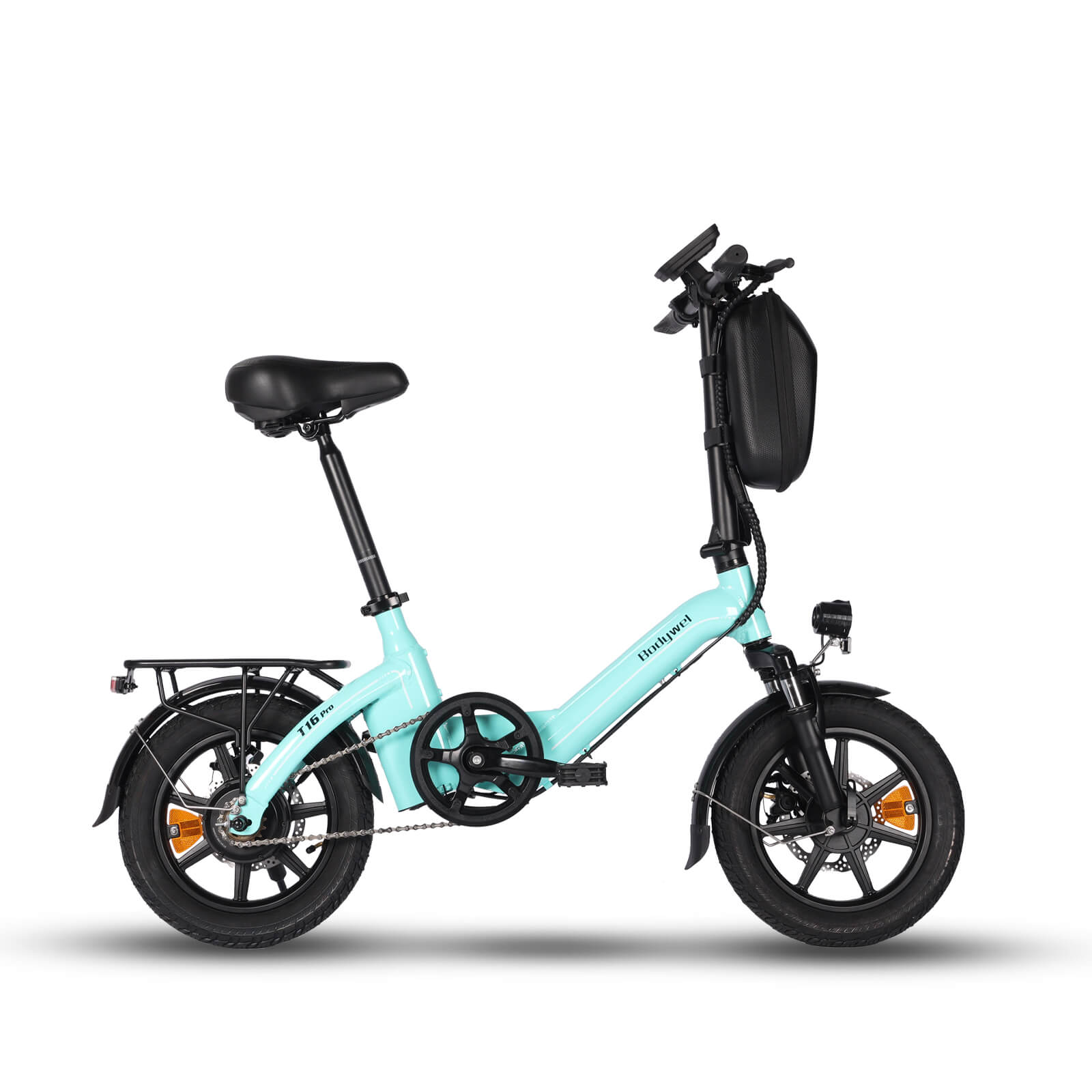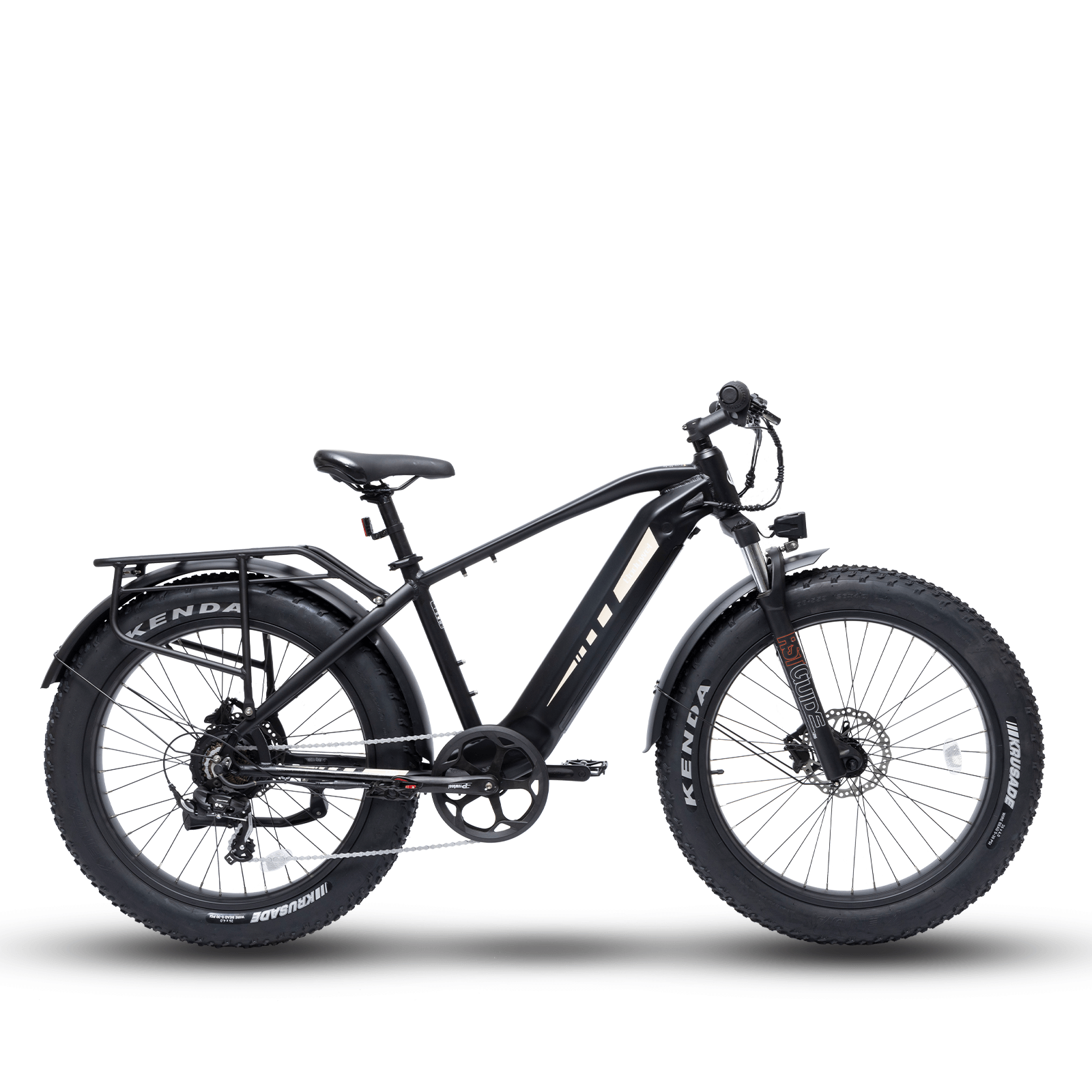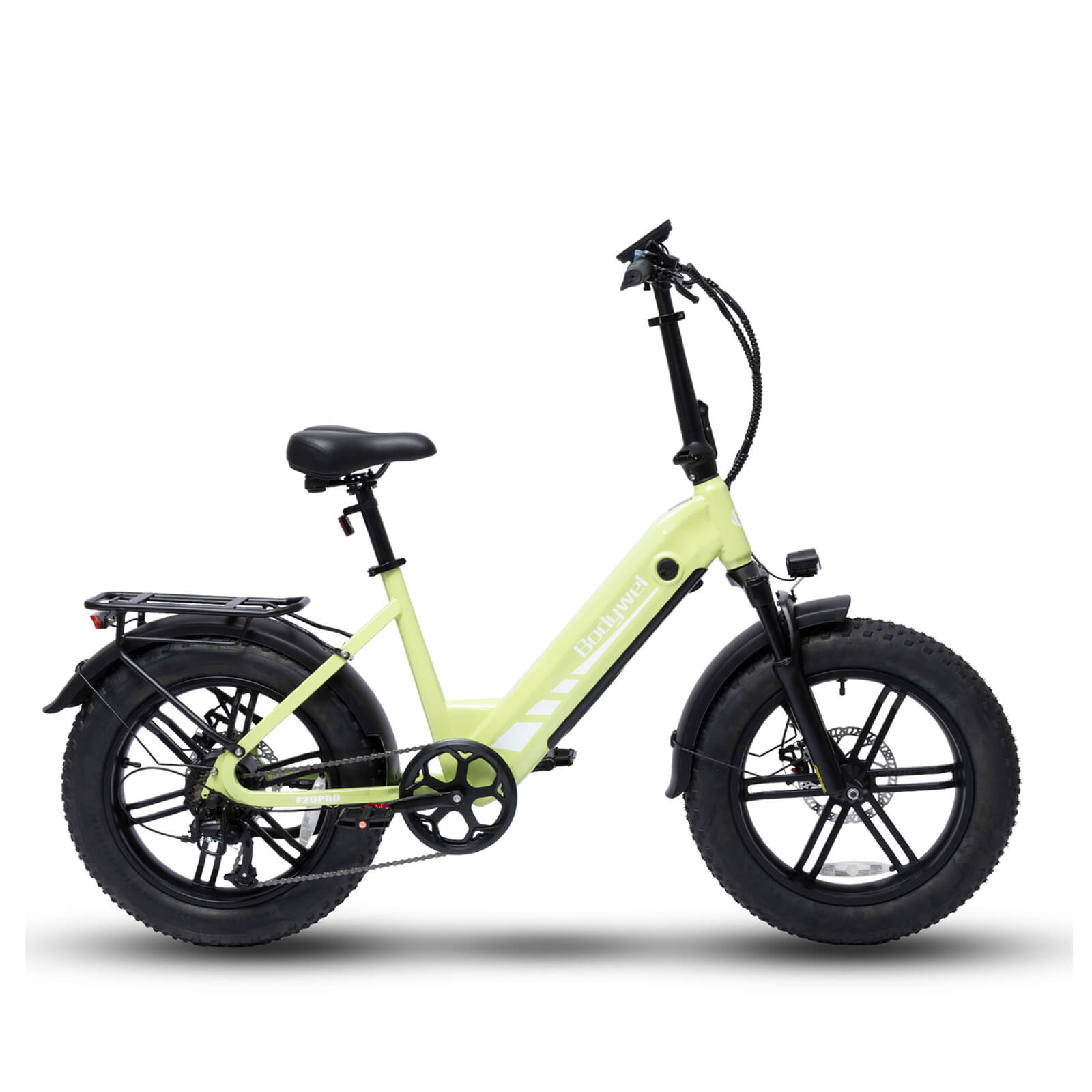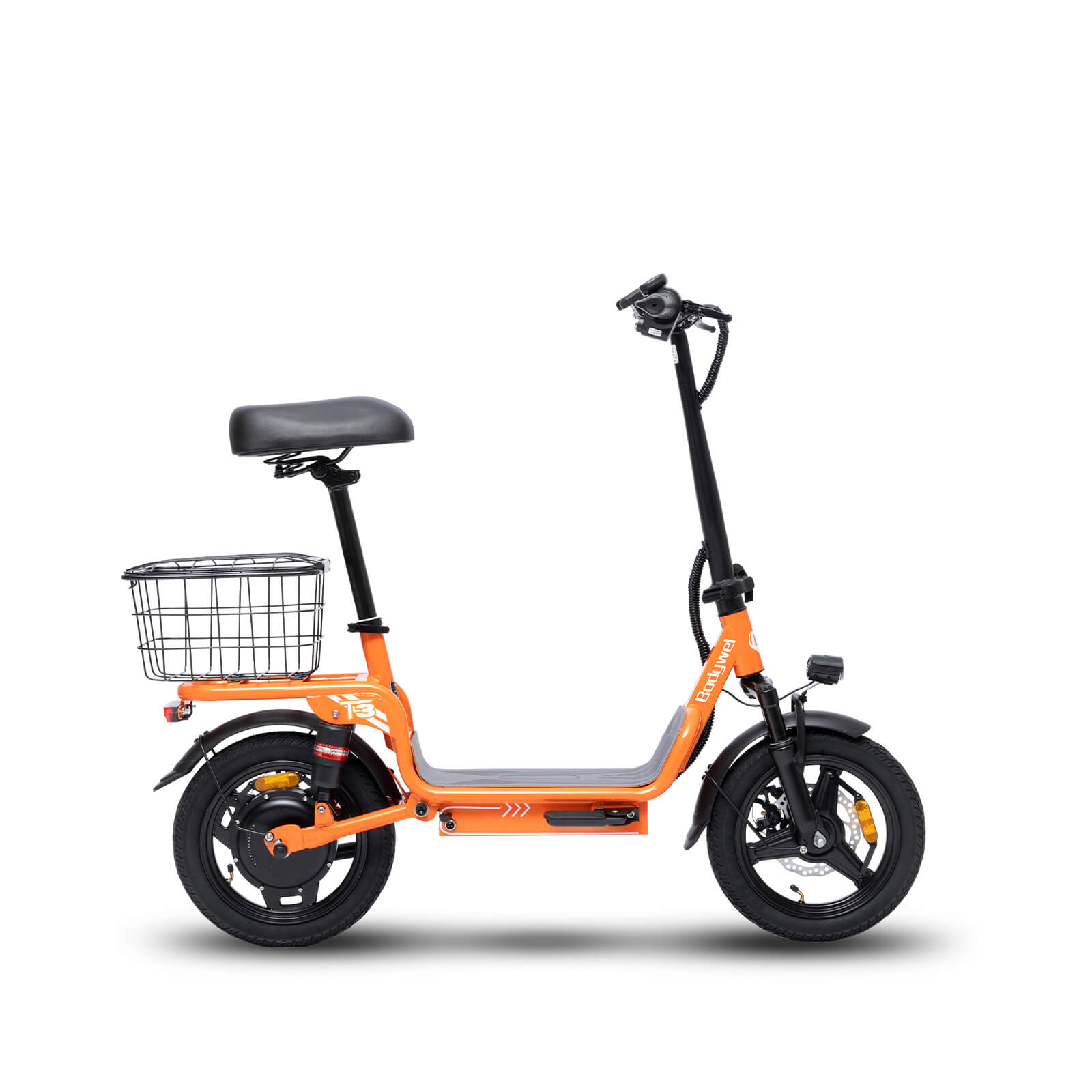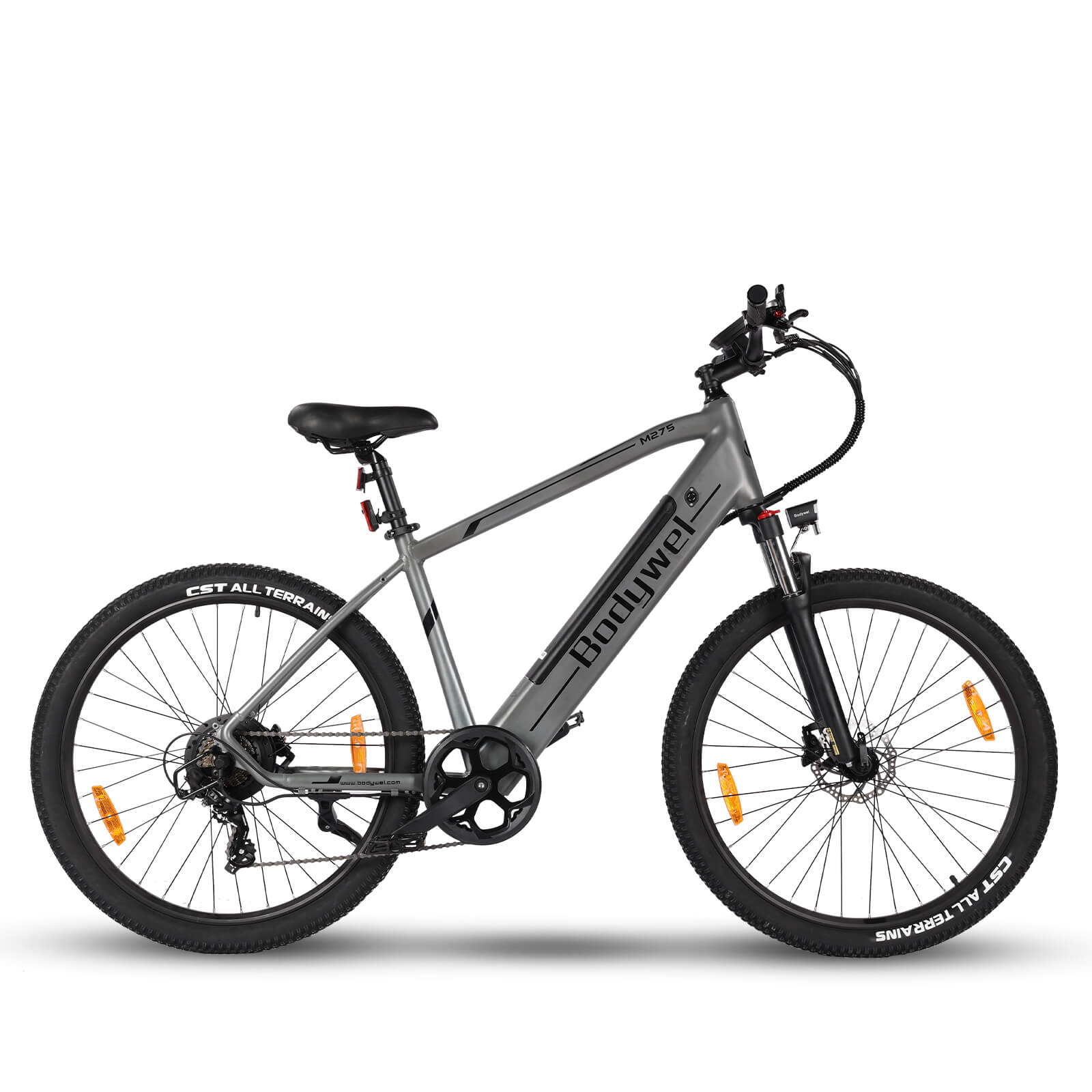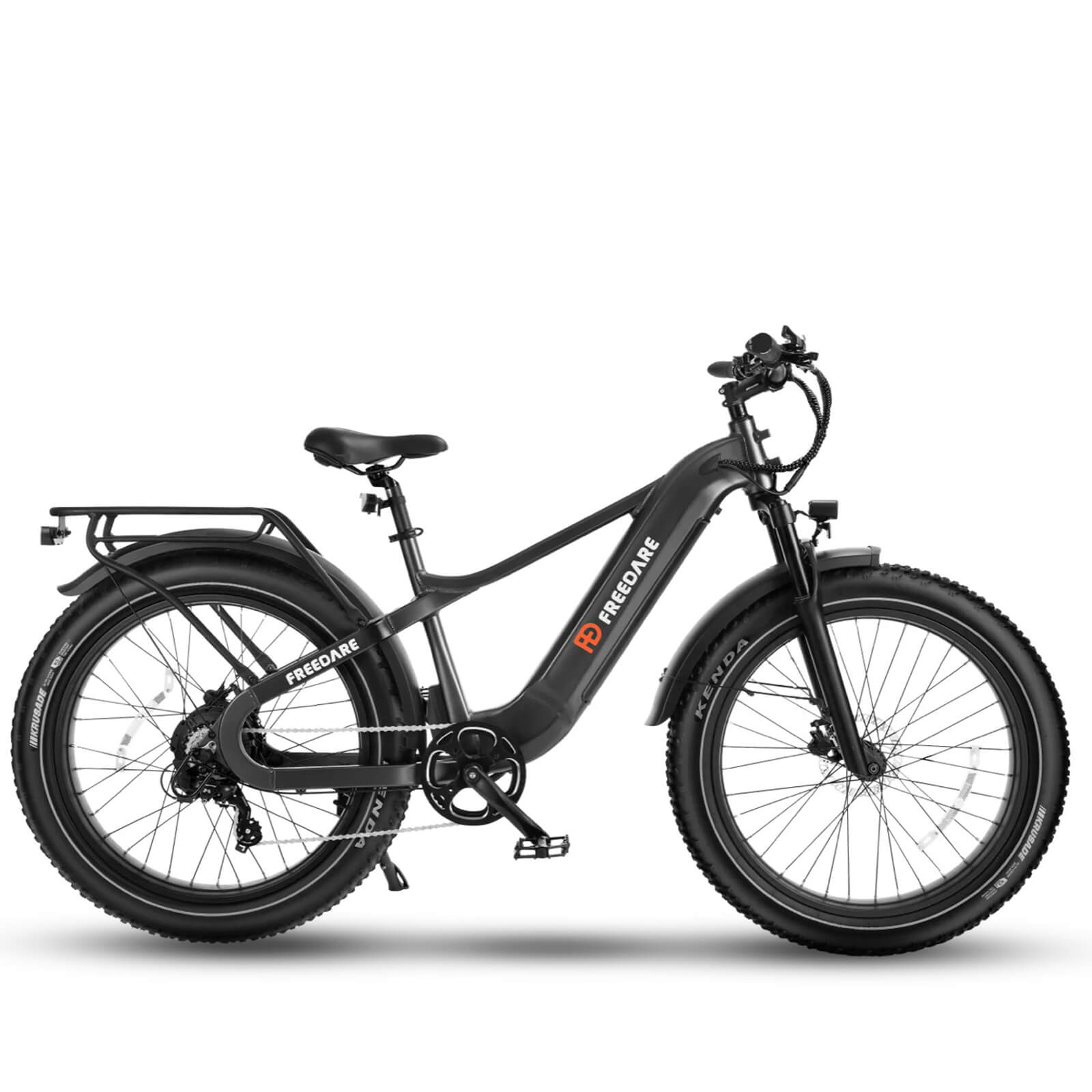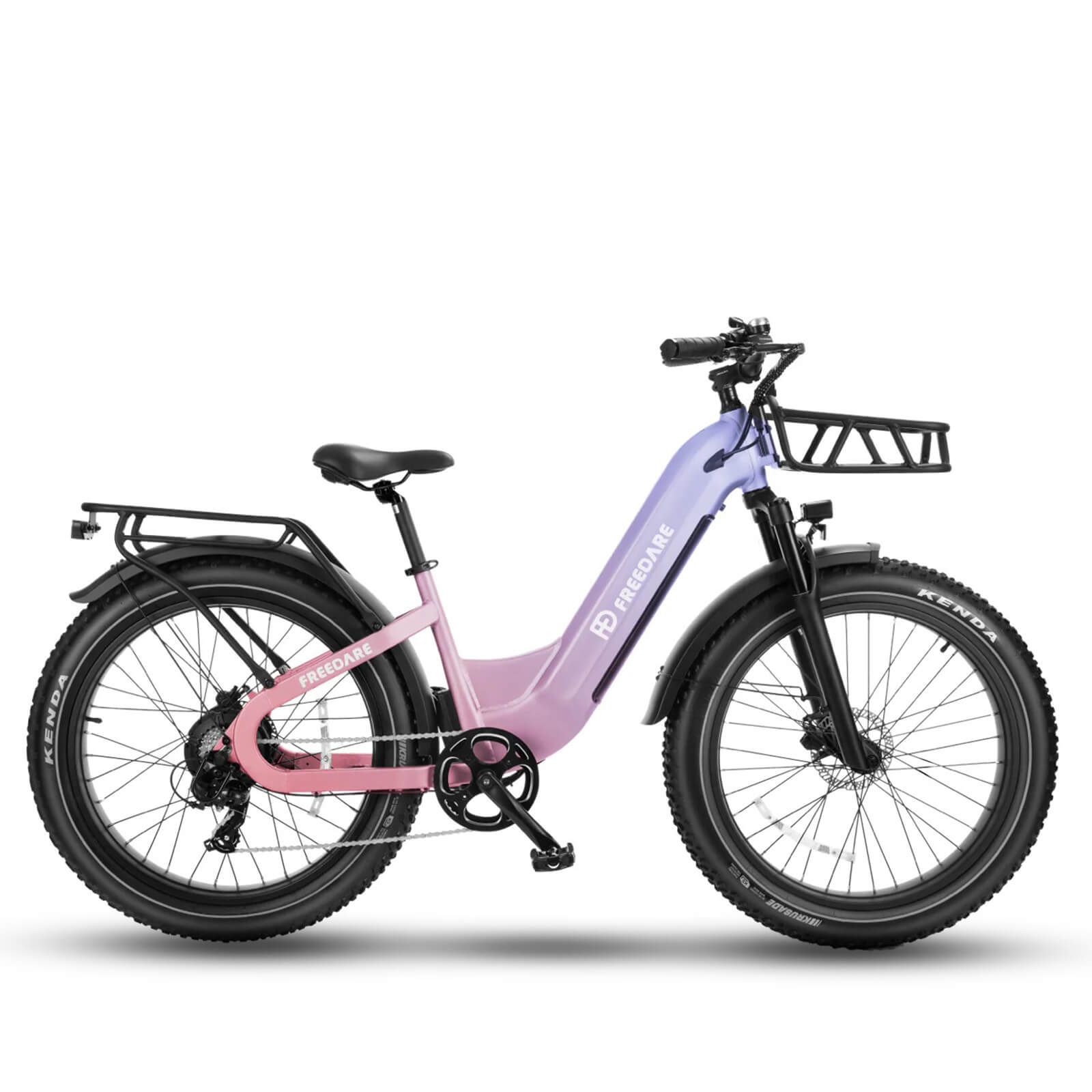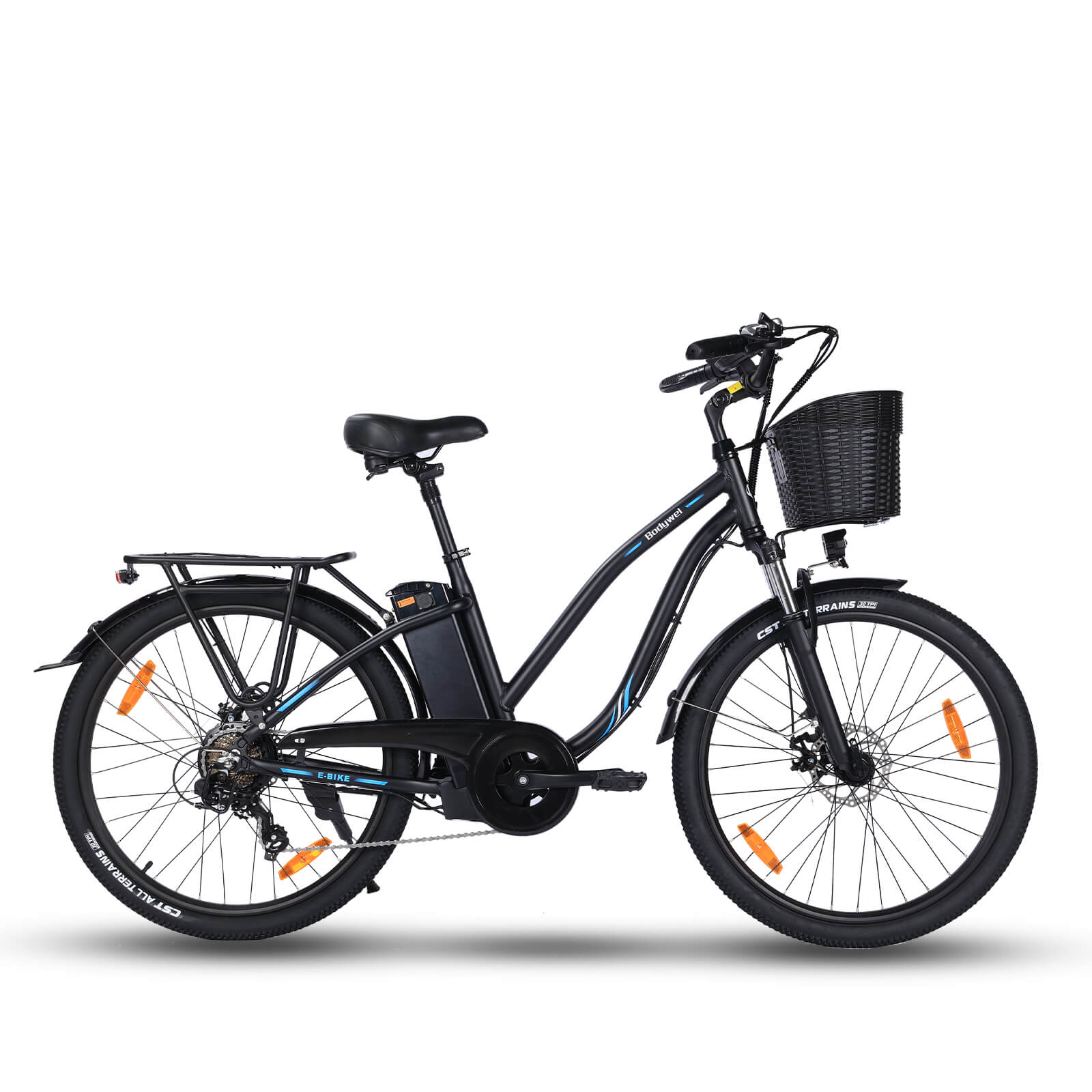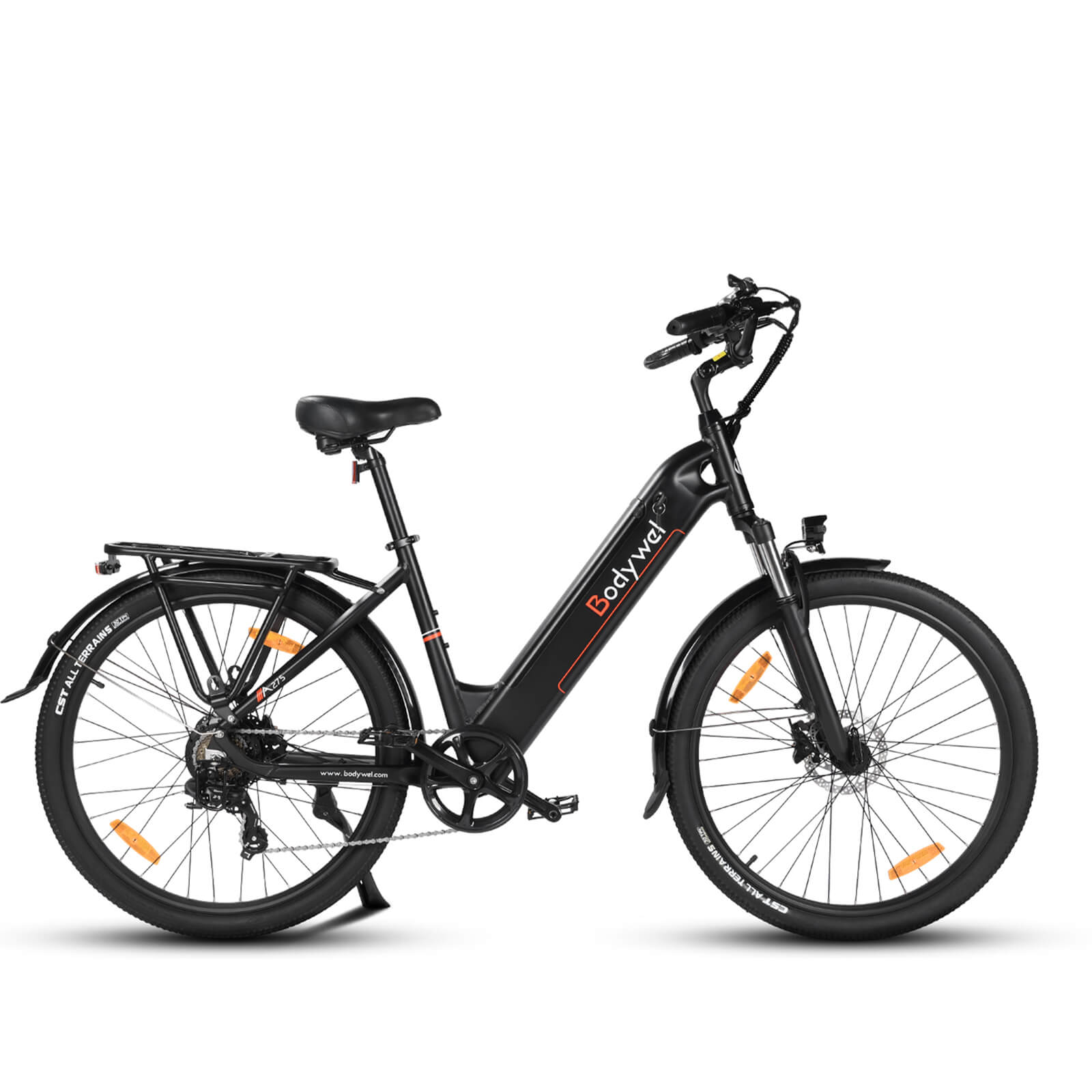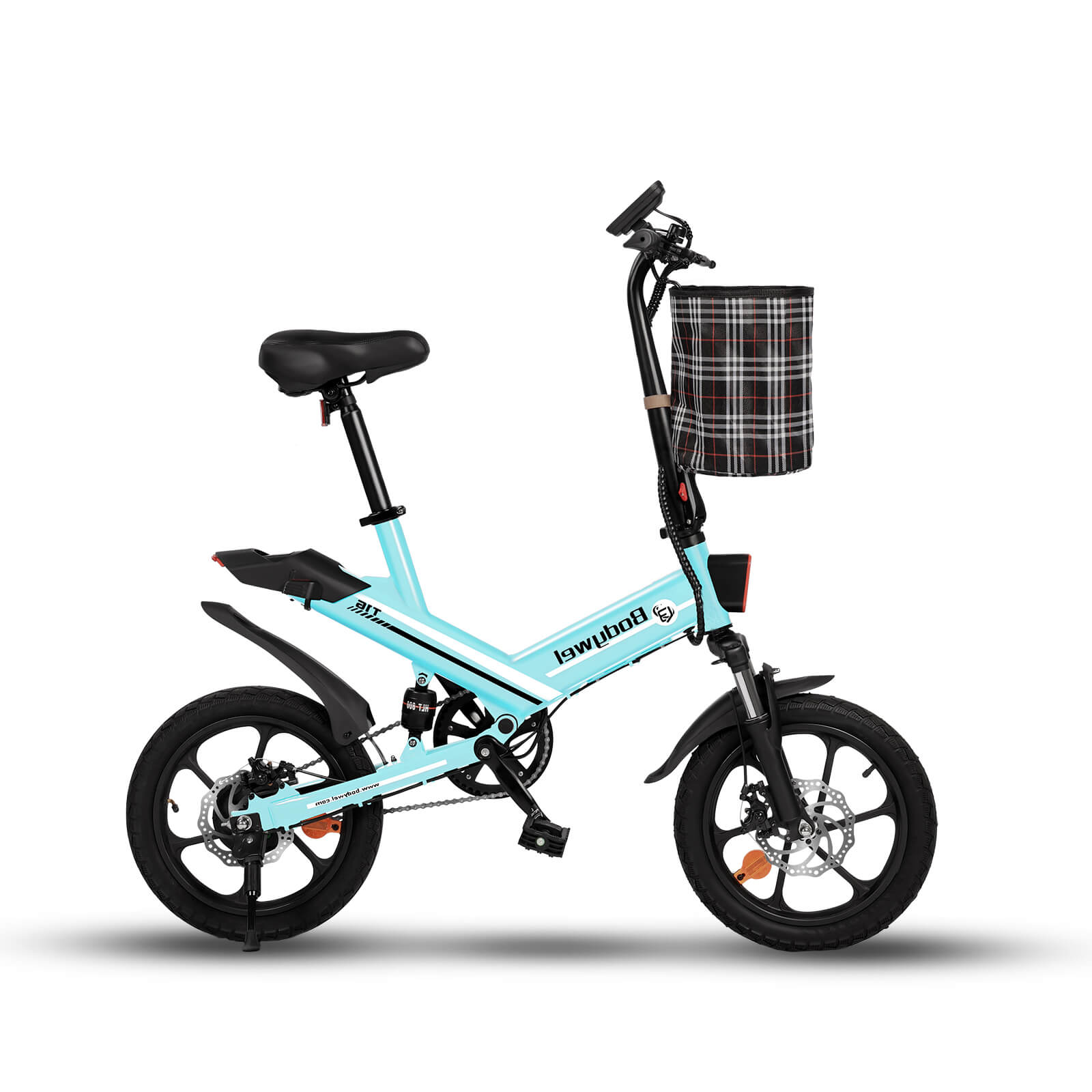Best Women’s E-Bikes: 2024’s Top Picks for Comfort & Style

Electric bikes designed for women prioritize ergonomic frames, step-through designs, and stylish aesthetics while delivering power and comfort. This guide evaluates top models based on battery range, motor performance, and female-specific features to help riders make informed choices.
Key Design Considerations for Women’s E-Bikes
Women’s electric bicycles incorporate distinct engineering adaptations to accommodate anatomical differences. Step-through frames, for instance, eliminate the need for high leg lifts, while narrower handlebars improve shoulder comfort. Many leading manufacturers now offer gender-specific geometry in their pedal-assist models.
Frame Geometry & Ergonomics
Optimal women’s e-bike frames feature shorter top tubes (typically 2-4cm shorter than unisex models) and adjusted saddle-to-handlebar ratios. A prime example of this is a design that significantly reduces standover height compared to standard frames.
Motor & Battery Placement
Mid-drive motors dominate premium women’s electric bikes due to their balanced weight distribution. A well-designed model positions its motor centrally, maintaining an optimal weight ratio even with a high-capacity battery installed.
Top Women’s Electric Bikes
After extensive testing across various terrain types, these selections excel in performance metrics relevant to female cyclists:
Best Commuter E-Bikes
A top urban model leads its category with high torque and an impressive range. Its smaller wheels and upright riding position reduce back strain during daily commutes. For budget-conscious riders, another option offers a patented frame technology at a significantly lower cost than competitors.
Off-Road & Adventure Models
A leading off-road model outperforms in trail conditions with a powerful motor and extensive suspension travel. Notably, its contact points—including specific handlebars and grips—are designed to prevent hand numbness during technical descents.
How to Choose the Right Women’s E-Bike
Prioritize test rides to assess three critical factors: standover clearance (minimum 2" between inseam and top tube), assist mode responsiveness (look for torque sensors over cadence sensors), and cargo capacity (racks supporting 20+ lbs are ideal for practical use). Industry data shows a strong preference for integrated lighting systems for safety—a feature worth considering.
- Tags: best women's electric bikes e bikes for women lightweight e-bikes stylish electric bicycles women's commuter e-bikes
0 comments




